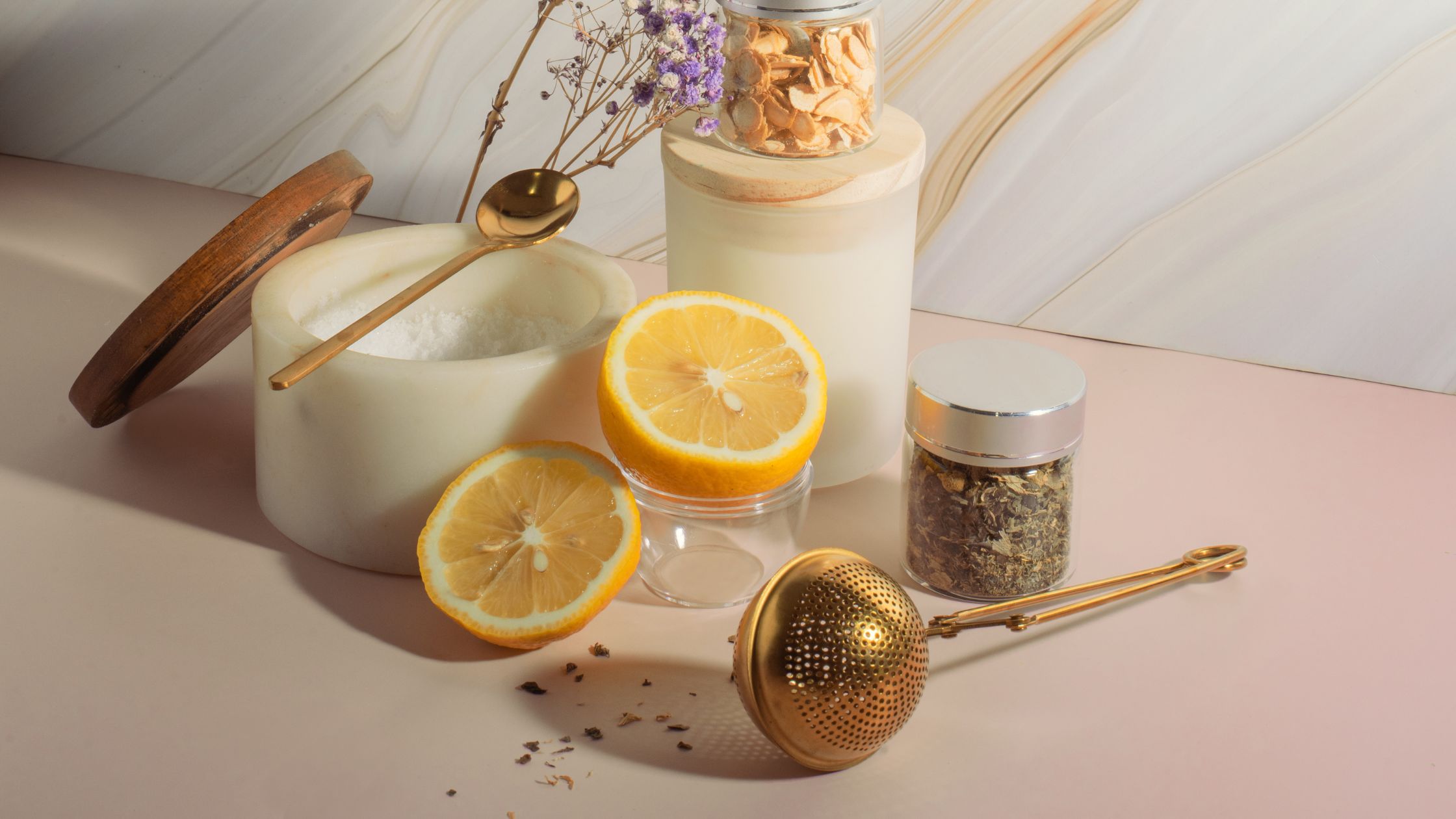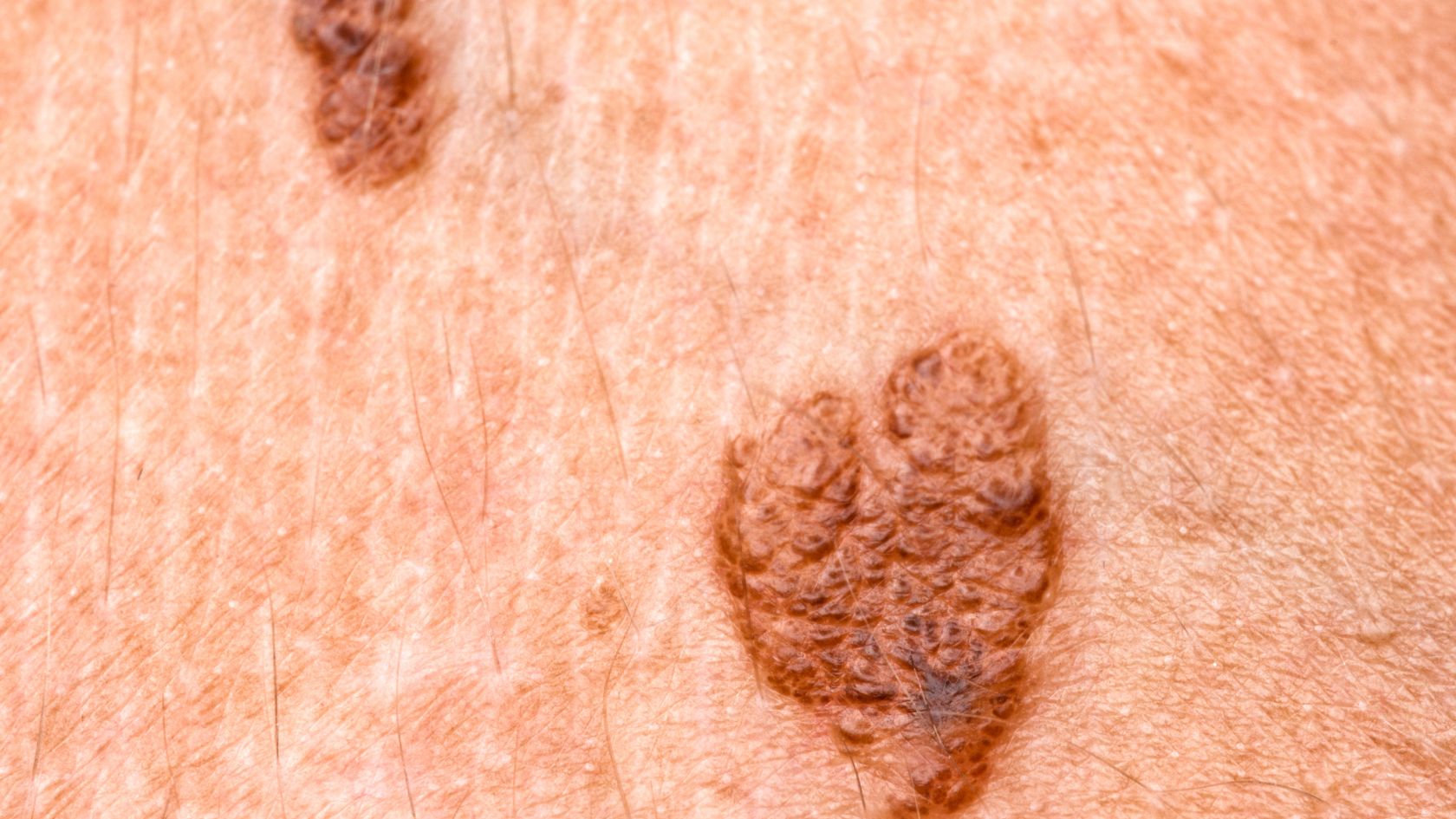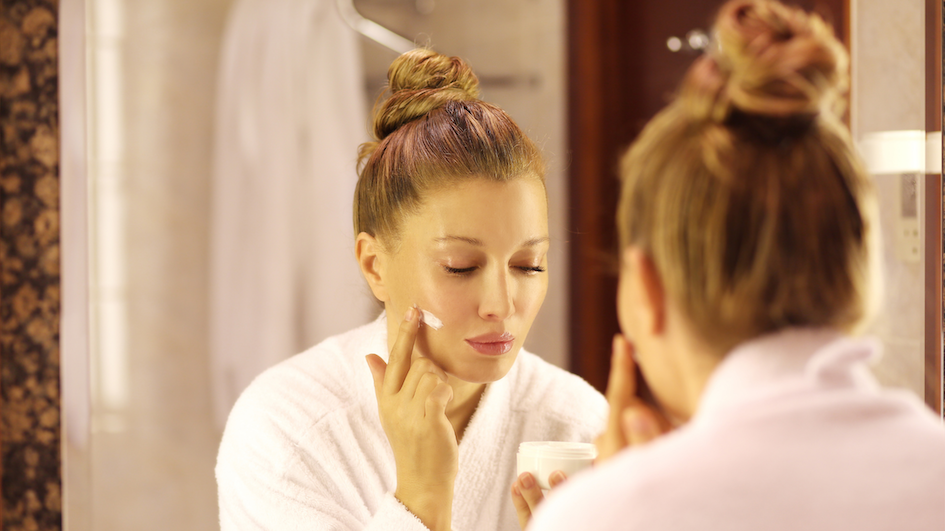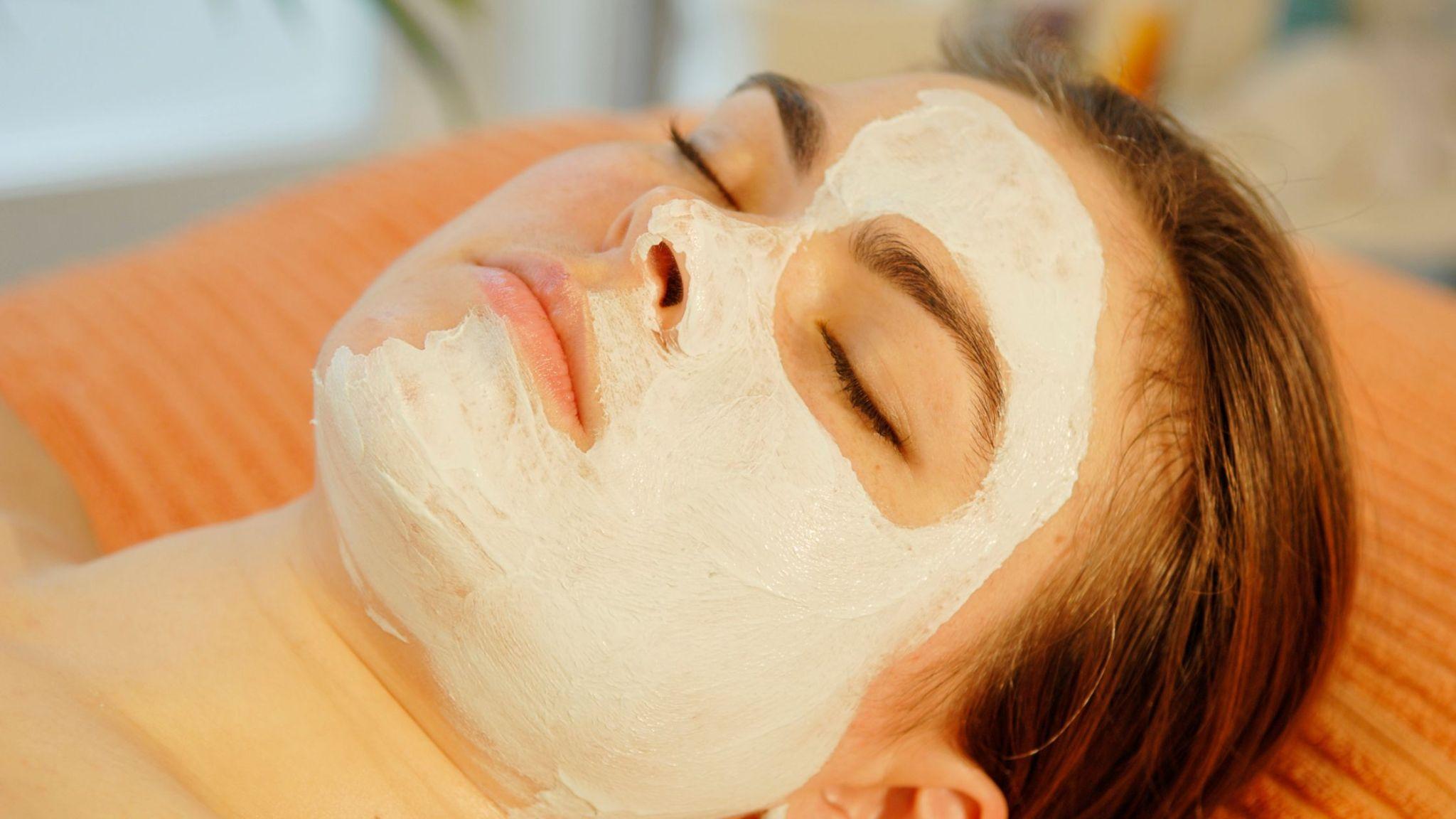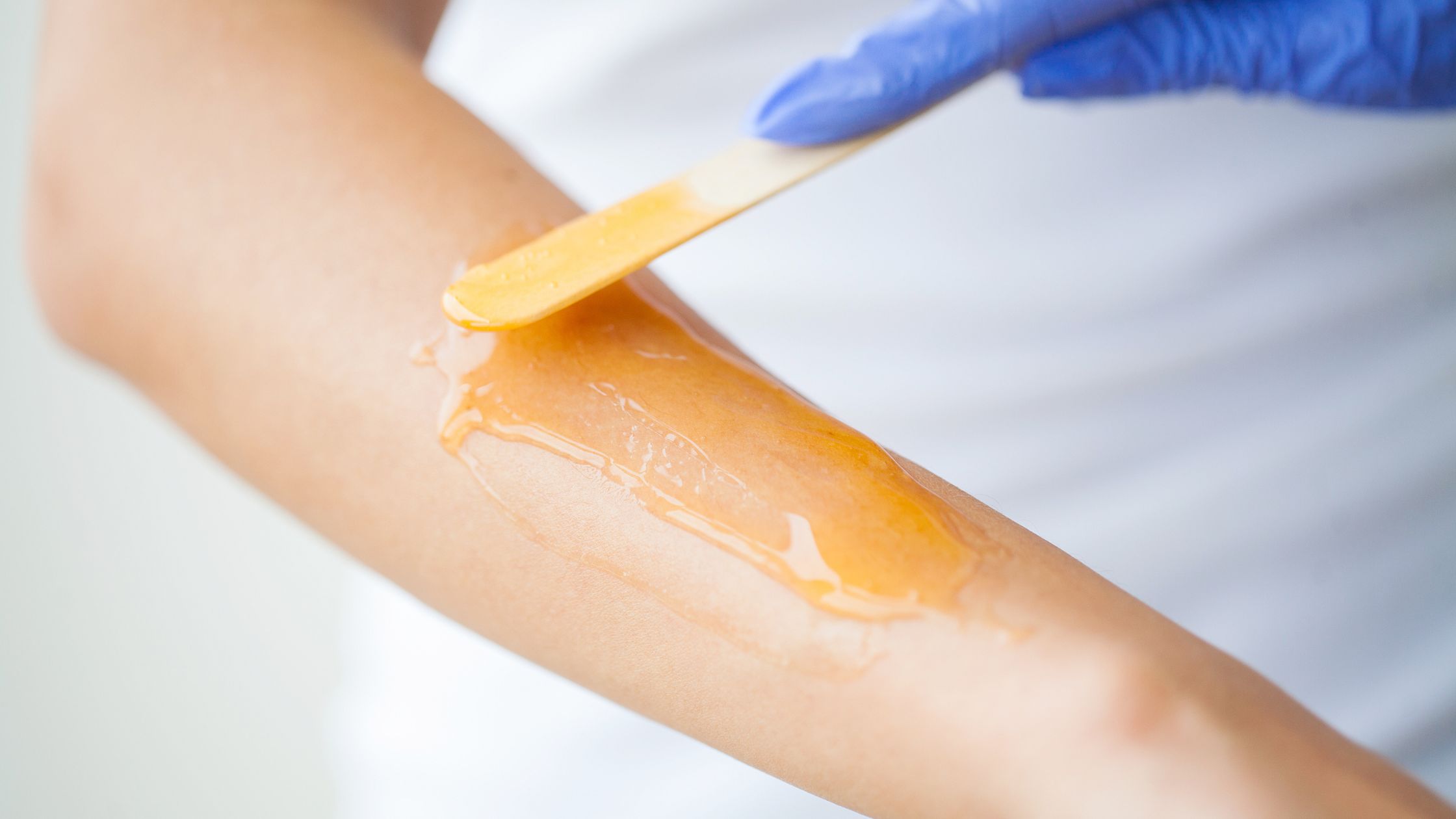How are men’s skin different from women’s?
There are 4 factors that make men’s skin quite different from that of women’s. Here are they –
Sebum Production
Men’s skin produces more sebum because they have larger sebaceous glands. During puberty, a surge in the male hormone androgen increases the activity of these glands, resulting in higher oil secretion. And this is why men generally have oilier skin and have longer-lasting acne.
Collagen Production
Contrary to popular belief, men have a higher collagen density. And we all know that the better the collagen content, the slower the aging of the skin. In fact, it has been found that a woman’s skin is around 15 years older than a man’s skin. Yet, men’s skin looks more aged primarily because of more sun damage, as most men skip sunscreens. UV damage can quickly add years to a man’s skin despite having the benefit of slower intrinsic aging.
Thicker Skin
It has been found that, on average, men have 20% thicker dermis than women. To the unversed, dermis is the middle layer of the skin. As a result of this, men usually have fewer superficial fine lines than women on their face. Yet, men end up getting deeper wrinkles in the long run due to repeated facial expressions, particularly the frown lines between eyebrows and smile lines around the mouth.
Higher Risk for Irritation
This might come as a surprise. Most people think that with men’s skin being thicker, the chances of irritation are lesser. However, there is one key aspect we are forgetting – shaving. While shaving can give men’s facial skin a good exfoliation, the added friction and stress on the skin can wreak havoc. The wrong technique can expose the sensitive layer of men’s skin that’s prone to irritation. This is particularly true when dull razors are used.
Ideal Skincare Routine of Men vs Women
Here are the differences involved in the skincare routine of men vs women:
Men: Use stronger exfoliating products
Men’s skin can handle stronger exfoliating products with higher concentrations of active ingredients, like salicylic acid or glycolic acid. It helps to prevent clogged pores and reduce oiliness. Women’s thinner skin, on the other hand, usually benefits from gentler exfoliation to avoid irritation and to maintain oil balance, as over-exfoliating can damage their skin’s delicate barrier.
Women: Use creamier cleansers
Since men’s skin is naturally oilier, their skin can tolerate harsh cleansers, such as gel-based or foaming formulas designed to remove excess oil without damaging the skin. For women whose skin is typically less oily, such strong cleansers can strip away essential moisture. It can cause dryness and irritation. Women are better off with creamier, more hydrating cleansers that maintain moisture balance.
Men: Use products that have soothing ingredients
Men’s facial hair and the frequency of shaving introduce unique skin care challenges. Shaving can lead to irritation, ingrown hairs, and a condition known as pseudofolliculitis barbae. In this, shaving-induced ingrown hairs cause pustules and scarring. As a result, men’s skincare products should have ingredients that soothe and repair post-shave skin. It should contain ingredients like aloe vera, chamomile, and witch hazel. Men are also advised to use mild, non-irritating products immediately after shaving to prevent further irritation. Women who do not shave their facial skin in the same way, have less need for these soothing post-shave products.
Women: Use a richer moisturizer
Men’s skin is naturally more acidic, which helps retain moisture better than women’s skin. Women’s skin tends to be drier and can become increasingly dry with age, especially around menopause, due to decreased estrogen. This means women often need to use richer moisturizers to counteract dryness, whereas men may need only lighter, non-comedogenic (non-pore-clogging) options. The higher oil production in men’s skin often allows them to skip moisturizer altogether, as using too much can lead to clogged pores and breakouts.
Bonus Question: Should both men and women include anti-aging products in their skincare routine?
Since women lose collagen at a faster rate, particularly after menopause, it leads to thinner skin and earlier signs of aging. To address this, women’s skincare can include anti-aging products rich in collagen-stimulating ingredients like retinoids and peptides. While these products often contain moisturizers to keep skin plump, they are generally less necessary for men, whose naturally thicker skin and slower collagen loss reduce the need for intense anti-aging treatments. Using overly rich products could even clog men’s larger pores, resulting in skin issues.
Wrap Up
As you have seen in this post, men’s skin is structurally different from that of men’s, and that’s why it is very important that men’s skin be treated differently from women’s. From the type of exfoliants and cleansers used to the demand for soothing ingredients, everything differs. By carefully understanding what their skin needs, both men and women can build an effective skincare routine that ultimately enhances skin health and prevents common issues. Want to consult an experienced dermatologist for such tailored tips and treatments? Visit Dr. Renu’s clinic now by booking an appointment.






